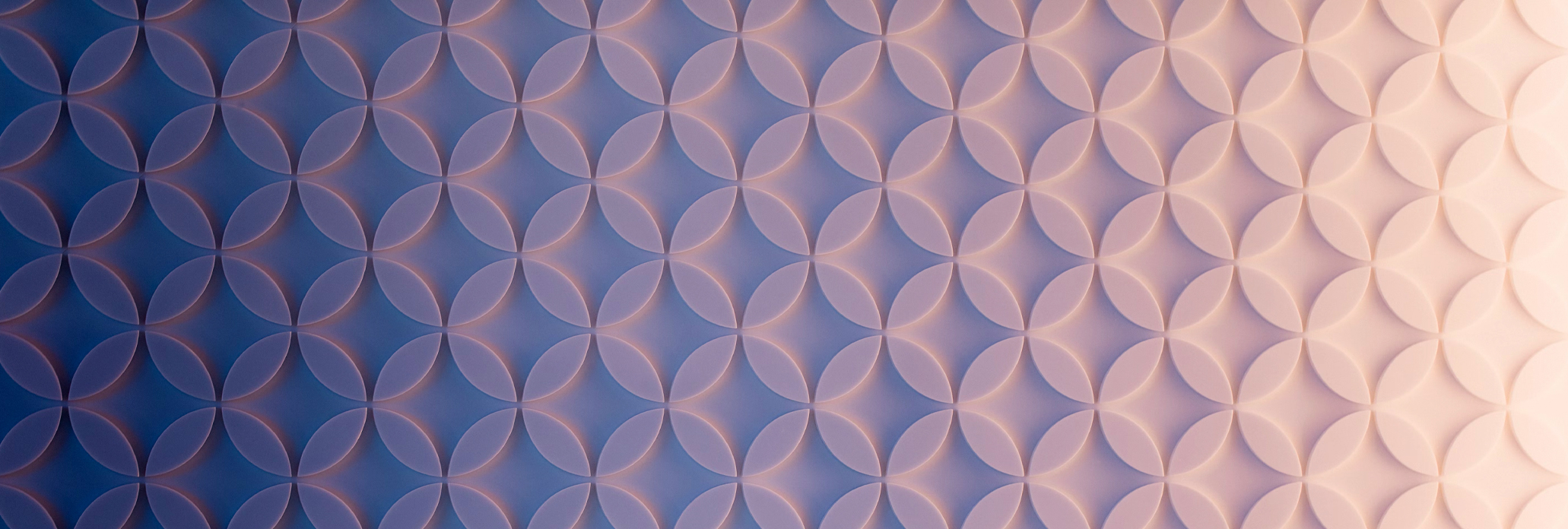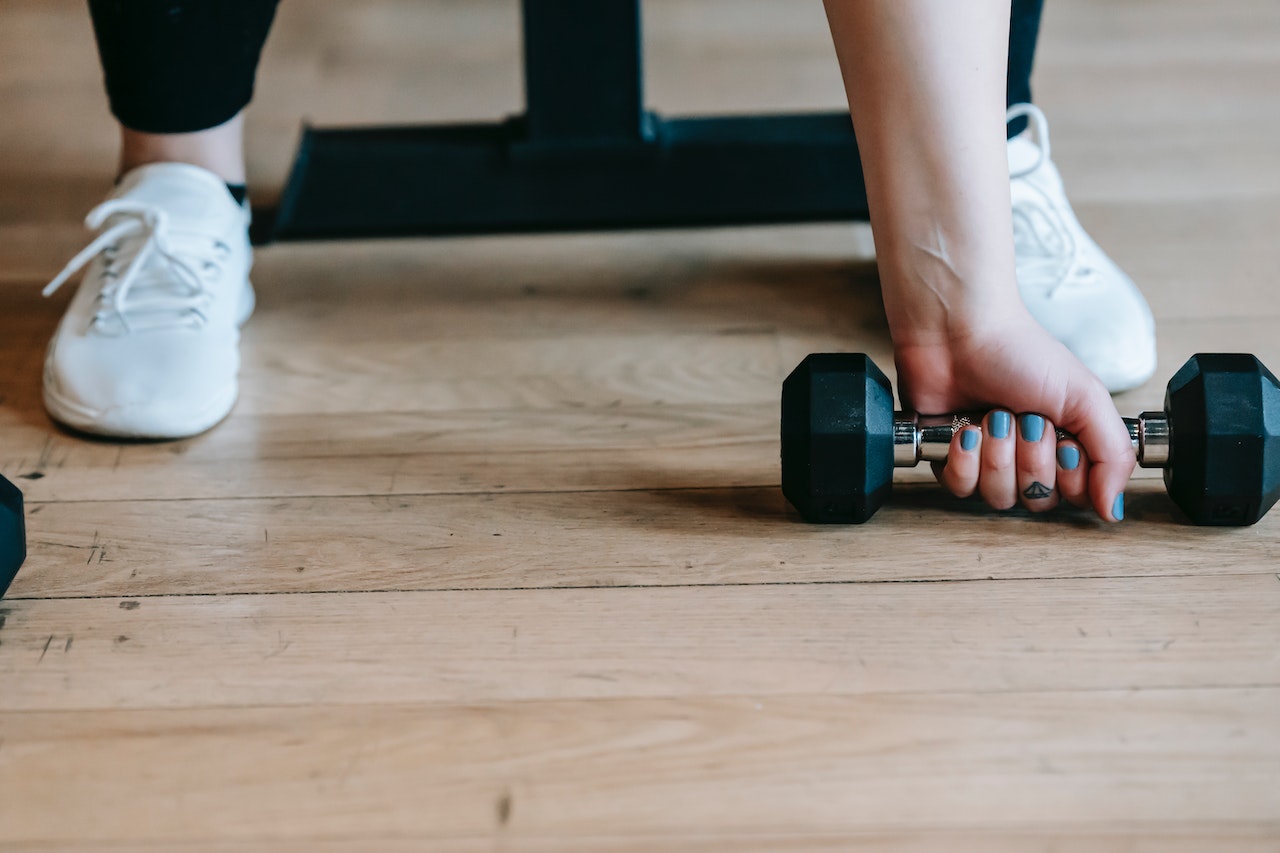In 2023, it’s hard to imagine a world without technology. Almost every activity is enhanced by it and the thousands of valuable tools it provides.
It should then follow that this boom in tech should make us more productive than ever. But technology has proved to be a double-edged sword—as much as it streamlines some tasks, it can also be a huge distraction.
Does technology make us more productive? If yes, how much does technology increase productivity?
Technology and Productivity: Pros and Cons
Smartphones have given us access to our emails on the go, apps that boost workflow, and endless ways to communicate with anyone in the world.
But at the same time, it’s given us Candy Crush, constantly pinging group chats, and the temptation of scrolling through social media for hours.
Smartphones are the perfect example of how technology can improve and limit productivity. While making our tasks infinitely simpler, it also opens us up to distractions.
Did you know that it takes up to 30 minutes to regain focus after just 30 seconds of distractions? Looking at a friend’s Instagram story while in the middle of a complex project affects your productivity beyond the time it takes to choose the best reaction emoji.
It requires a fair bit of multitasking to get this balance right. And if you think you’re a great multitasker, we’re sorry to break it to you, but…
Multitasking Is A Myth
One of the biggest lies we tell ourselves is that we are great at multitasking. Scrolling through a friend’s wedding album, cooking, and thinking about work all at once—this may seem like you are making the most of your time. But it’s the opposite.
Human brains can only truly focus on one task at a time. This has been the case for centuries, and it has not changed.
When we switch between tasks, we face cognitive loss. When distracted, the body increases the production of cortisol, the stress hormone. This causes intellectual abilities and decision-making skills to drop as much as when dealing with lack of sleep or nursing a marijuana high.
Where Has All The Time Gone?
What technology helps you be more productive? Some of the most common productivity tools are actually also the most distracting.
- Social media: If you’re running an online business or must keep up to date with trends for work, social media is a great place to find customers and inspiration. It can also cause a loop of doing nothing for hours on end.
- Google: It has the answers to all our questions and seems like the perfect productivity tool… until you’re down a rabbit hole at 3 in the morning looking up actor filmographies.
- Email: Did you know that only 14% of emails received daily are worth reading? Your inbox can be a massive distraction if you stop every five minutes to look at each message you receive.
But it’s not all bad news.
How Does Technology Increase Productivity?
When used right, technology can be the ultimate asset. Here are two ways to use it to your advantage:
Establish Boundaries
Get important tasks out of the way before you open Instagram or Twitter for your daily scroll. Developing this habit will boost your productivity in the long run.
Set Time Limits
Set concrete time limits. No longer than 30 minutes on Instagram a day, or no more than 1 hour scrolling through Netflix’s home page looking for things to watch.
Once time limits are set, it’s easier to use technology for things that really matter.
At the end of the day, there’s no clear answer for what technology helps your productivity. What’s important is your relationship with technology and using it to achieve your full potential.




